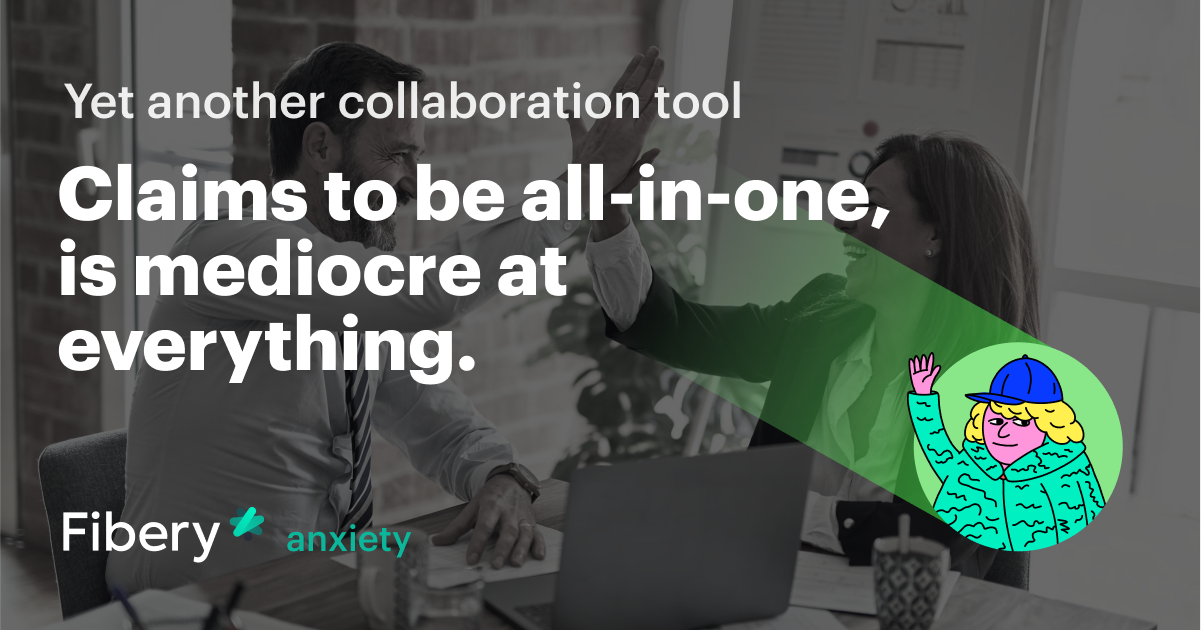Why your dentist still doesn’t know your name

”The bureaucracy is expanding to meet the needs of the expanding bureaucracy.” Might be Oscar Wilde. Might not be. We’ll never know.
Previously at the Volcano Base I was keeping it small. Since then, you know what, it’s been a bit of a blur. School holidays mean I could be pounced on by a ninja child at any second, like a scene from the Pink Panther. I have a geeky weekend treat lined up though. For me, not those pesky kids. I’m refereeing my first (and maybe last) session of Mothership. Cassette-punk, sci-fi horror. Geeeeeeek. Today, though, in the middle of a very busy day, I took the kids to the dentist.
Mission Briefing
Why your dentist still doesn’t know your name
Somewhere deep in a turquoise-tiled office, under fluorescent lighting bright enough to grill sausages, you will be asked to fill out your name, your child’s name, your relationship to your child (!), your address, your phone number, your GP, their entire medical history, and your signature. Oh, and the date, because it might not actually be “now” while you’re scribbling away, trying to remember how to write.
You will then be asked to do it again. On a slightly different form. With slightly different boxes. Using the same biro-on-a-chain like a prisoner signing a confession.
You are not in trouble. You are just at the dentist.
The system isn’t broken.
It’s working as designed.
Just not for you.
Bureaucracy is humanity’s oldest role-playing game
Let’s not pretend this is a dental office problem. This is an everywhere problem. Hospitals, banks, schools, corner shops, government portals held together with Java and spite. We’ve normalised administrative theatre to the point where repeating your postcode four times in one visit seems… reasonable.
It’s not. It’s madness in a filing cabinet.
Yet we don’t revolt. We queue. We comply. We dig through our wallets for a National Insurance number we haven’t used since that time we were unemployed. Because it’s familiar. And familiar systems, however terrible, are easier to go along with than new ones.
This is how you end up with quantum computers and faxes occupying the same space-time continuum.
AI can see your soul, but it still needs you to tick the box
AI can generate entire novels in the style of your favourite author, predict your purchase preferences, and identify your dog’s breed from a blurry photo. But the receptionist still needs to ask you if you’ve “been here before.”
Why?
Because most systems weren’t built to be intelligent. They were built to be compliant. That form you just filled out? It’s probably being scanned, uploaded, retyped, or worse - filed. Not because that’s the best way, but because no one dares redesign the sacred workflow. It’s institutional superstition - laminated.
And let’s be honest some of these systems like the friction. The queue isn’t a flaw. It’s a filter. A soft barrier against those who won’t put in the clerical effort. “The system works… for those who really want it.”
AI might make bureaucracy weird
Automation could absolutely replace 90% of the admin I endured today. It could auto-populate your information, validate it against your past visits, and maybe even pronounce your name correctly.
But in many places, it won’t. Because AI threatens the comfort of the known. And because updating systems takes time and, let’s face it, courage.
We’re not waiting for a revolution. Just someone with the guts to say, “What if we just… didn’t?” Until then, it’s the same loop. Copy, paste, repeat. Living in a Terry Gilliam fanfic with a stationery budget and no plot.
Classified Intel
Some interesting stuff I discovered on my adventures.

A surprisingly self‑critical piece by a workflow‑tool vendor about how teams drown in tools, automation promises, and the anxiety of managing processes. “Try. Suffer. Quit.” has its own headline. Their call-to-action button, after tearing down their entire industry, is "Start your free trial anyway". Love it!
Why it matters: Because it highlights the other side of the coin: even when we try to automate, we risk building new forms of busy‑work. The broken system bends but still doesn’t snap.

The new “Skills” feature lets Claude load pre‑packaged modules of instructions, code and resources (e.g., “how to use Excel” or “organisational brand guidelines”) only when needed.
Why it matters: This shows how automation is shifting from “one‑size‑fits‑all” prompts to context‑aware micro‑systems. Potentially a route out of the eternal form‑filling loop at your dentist’s. Some "commentators" are saying this is bigger than MCP.
ChatGPT Atlas
https://openai.com/index/introducing-chatgpt-atlas/
Hot on Perplexity's heels, a browser built around ChatGPT itself, where your AI assistant lives in the tab, remembers your past browsing context, and can act for you (open tabs, summarise job postings, auto‑fill tasks).
Why it matters: The latest play to dominate The Interface to All The Things.
Your data is not shared. Unsubscribe with 1 click.










Member discussion